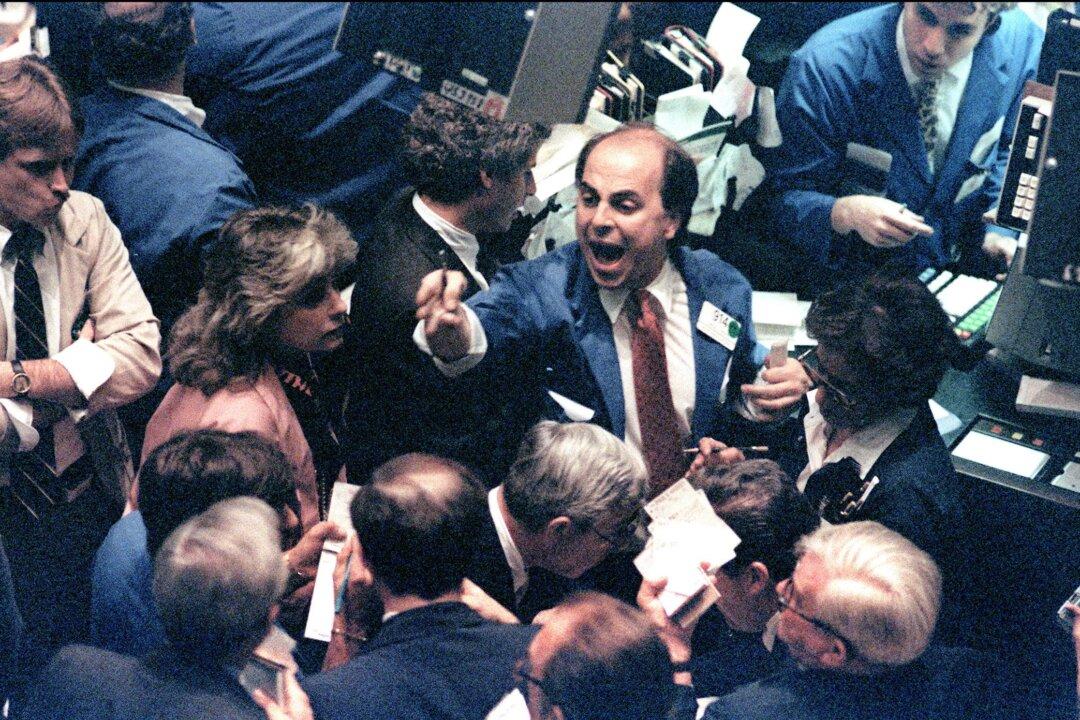NEW YORK—The story of Jordan Belfort has been a roller coaster ride. His memoir “The Wolf of Wall Street,” and the hit movie of the same name, tell how his pursuit of wealth and pleasure went off the rails, landing him in jail. Now a sales trainer and motivational speaker, he is adding another layer to the classic story of the American dream (or nightmare).
He always had a talent for selling and admits he abused it while running his own security firm, Stratton Oakmont, in the 1980s and 1990s. He sold so-called penny stocks to investors, causing millions in losses for his clients.





